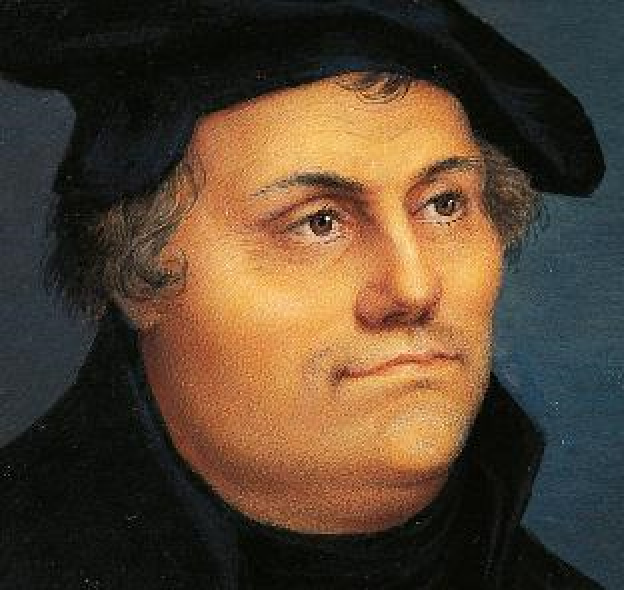 Last week Vose Seminary conducted a half-day Luther@500 Conference, around the theme of The Pastoral Luther. Although the event was only pulled together in the last couple of months, for much of the year I was keen to see the Seminary mark this anniversary of the Reformation.
Last week Vose Seminary conducted a half-day Luther@500 Conference, around the theme of The Pastoral Luther. Although the event was only pulled together in the last couple of months, for much of the year I was keen to see the Seminary mark this anniversary of the Reformation.
For me, there were several highlights: first, the strength and quality of the four papers. Peter Elliott started proceedings with an historical account of Luther’s Ninety-Five Theses, and insight into the pastoral concerns that formed a significant motivation for Luther’s action. My paper on Luther’s pastoral theology followed, in which I examined two documents from Luther’s early career: a sermon entitled A Meditation on Christ’s Passion (1519) and his justly renowned The Freedom of a Christian (1520). I argued that Luther sought to free salvation from the model of human religious performance that prevailed in the late medieval period, and that he also viewed it as a salvation that frees. Matthew Bishop’s paper explored the phenomenon of depression, and analysed a number of Luther’s letters to the depressed in order to ascertain insights and principles to guide pastoral care in the present. While not everything from the sixteenth-century context is transferrable to the present, there is still much to learn from the one sometimes referred to as “Christianity’s most famous depressive.” Finally, Brian Harris explored several aspects of Luther’s leadership, noting first that there appears to be little written on this subject. He noted Luther’s character and courage, his strategic use of the latest technologies, his work ethic, and his popularising of the message. Brian also highlighted some less savoury aspects of Luther’s leadership, especially his rhetoric with respect to the Jews, which, while not out of character for the times, was out of character with Christ, and which also had devastating consequences in later centuries.
The second highlight was the ecumenical nature of the event. About forty people gathered for the conference, coming from a variety of denominations and backgrounds, and included ministers, students, and lay persons. I am grateful that the Seminary had and seized this opportunity to serve the church in a way for which it is uniquely qualified. I am grateful, too, for Peter Elliott and Perth Bible College for joining us in this endeavour.
The third and perhaps most special highlight was having Matthew Bishop join us for the conference. Matthew is a Lutheran pastor in a local congregation. Not only did Matthew bring a great deal of knowledge of Luther, but also an ecumenical openness and warmth, together with a substantial pastoral integrity. His being a Lutheran also lent a certain authenticity to the gathering. To make new friends, and to see bridges of fellowship strengthened across denominational and institutional lines is a blessing indeed, and made this seminar well worthwhile, and not only for remembering Luther’s achievement.